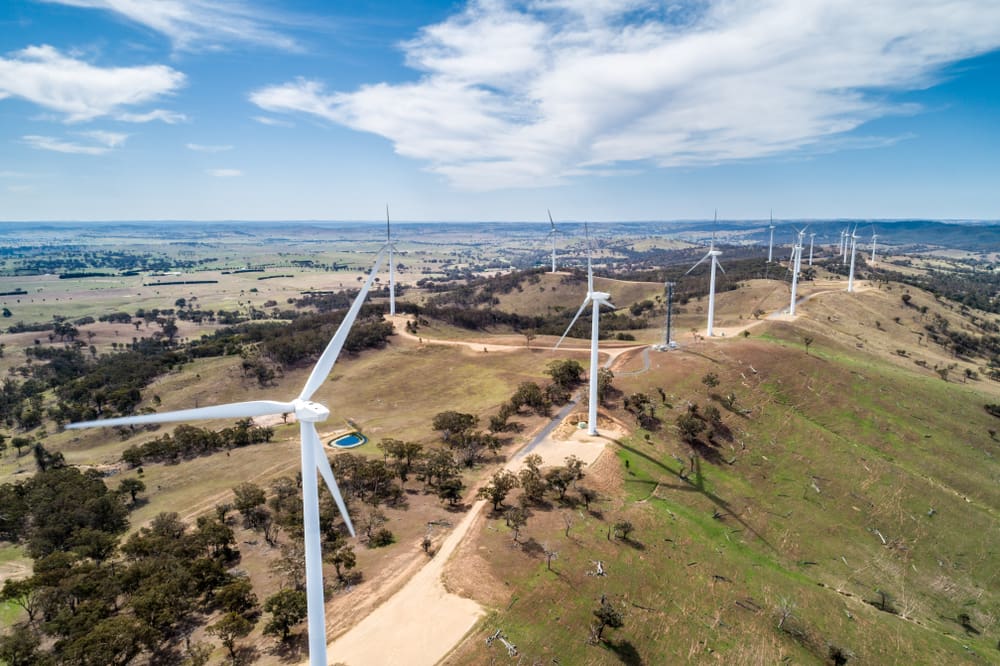THE National Farmers’ Federation says agriculture must not be the sacrificial lamb in Australia’s future energy plans, with the next year’s Federal election set to be an energy policy showdown.
Opposition leader Peter Dutton today unveiled seven regional locations where existing coal-fired power stations are set to be transformed into nuclear reactors, with the ultimate goal of reaching net zero emissions by 2050 with less reliance on wind and solar.
The plans are a direct challenge to the current Government’s plans to have 82pc of the national electricity grid powered by renewables by 2030.
While the renewable push has received mixed responses from agriculture, the NFF has raised concerns about the way the rollout is happening and the impact it is having on the rights of landholders.
Acting chief executive officer Charlie Thomas said in a statement that agriculture had already been treated with contempt in the renewable rollout – and that, whatever direction the energy grid goes, the contempt must not continue.
“Australian farmers and regional communities are warning policymakers the debate around Australia’s energy mix must come back to the people and land it impacts.
“The NFF’s position remains that Australia’s national energy policies must deliver affordable, reliable and increasingly lower emissions energy for all Australians. These policies should be technology-neutral and driven by markets.
“This isn’t about cherry picking solar or wind energy or nuclear, but about having all options on the table.”
NFF supports net zero
Both the Coalition and Labor are pushing for net zero by 2050, with Labor promising to reduce emissions by 43pc by 2030. The Coalition says the journey to net zero is “not linear” promising to abolish the 2030 target and cap the amount of large-scale renewable energy projects.
Mr Thomas said the NFF supported net zero by 2050 and understood that an energy will be part of it.
“In no way can agriculture be the sacrificial lamb in the pathway to net zero and we will hold the government – and any future government – to its commitment not to impose targets on farmers directly,” he said.
“Any credible climate plan needs to partner closely with farmers and at the core of future energy plans must be early and meaningful engagement with the impacted communities.”
Mr Thomas said energy companies needed to do better in partnering with agriculture.
“As renewable energy projects have been rolled out across rural landscapes, landholders and regional communities have been treated with contempt, and their concerns and contributions have been ignored,” he said.
“Engagement on any future energy proposals must do better. Communities must have the right to say no, farmland must be protected and landholders must be properly consulted.
“Today’s announcement by the Coalition should sharpen the current Government’s focus on delivering meaningful protections for farmland and affected communities.
“There also needs to be a clearer focus on local communities being able to benefit from energy investment.
“National energy policy and emissions reduction must be a shared responsibility and agriculture will play its part, but that part has to be fair and not comprise productivity, profitability or food security.”

